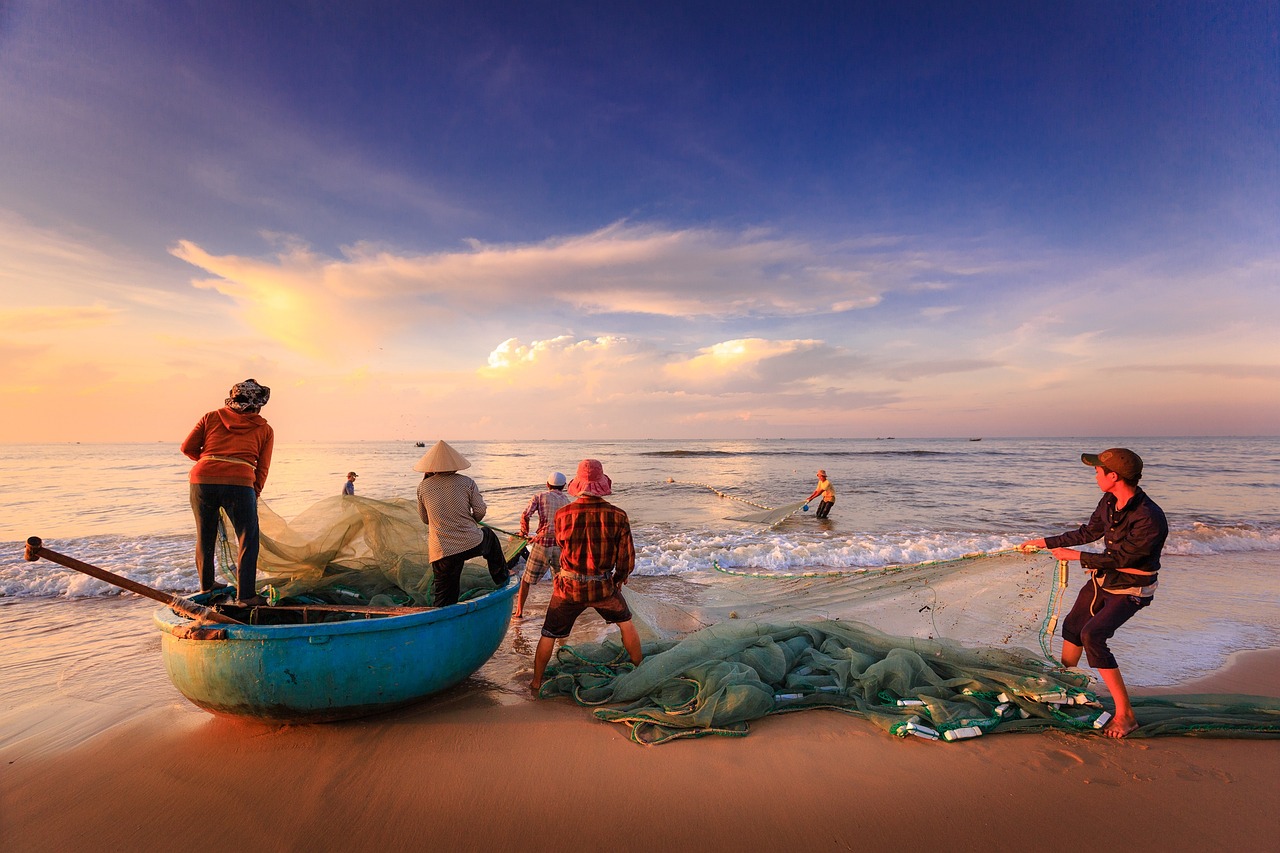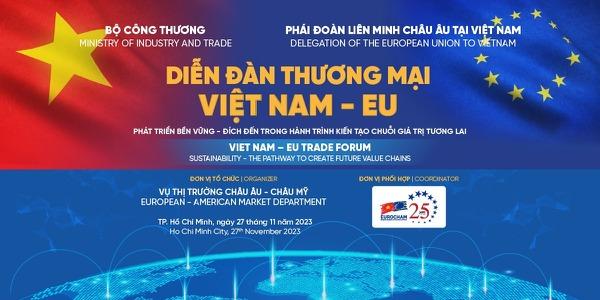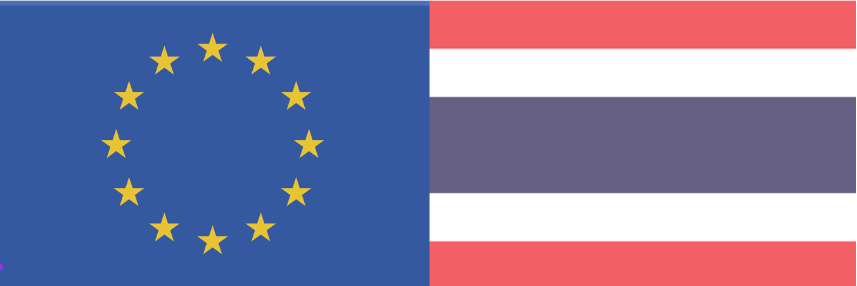
Combating Illegal, Unreported and Unregulated (IUU) Fishing in Vietnam – The EU’s Yellow Card
Illegal, unreported and unregulated (IUU) fishing practices have been a critical challenge in Southeast Asia due to their environmental impact and related economic losses, resulting in the weakening of coastal communities. Notwithstanding the efforts being taken at the national level, mitigation and addressing the issue has proved to be challenging in Vietnam. The European Union (EU), a crucial trading partner for the country, has been pressuring Vietnam to combat IUU fishing. With the 5th EU inspection approaching in October 2024, Vietnam has been positively ramping up its efforts. What further action needs to be taken to lift the EU’s yellow card? How can the root causes of IUU fishing be addressed and how can the EU effectively provide adequate support in tackling this?



